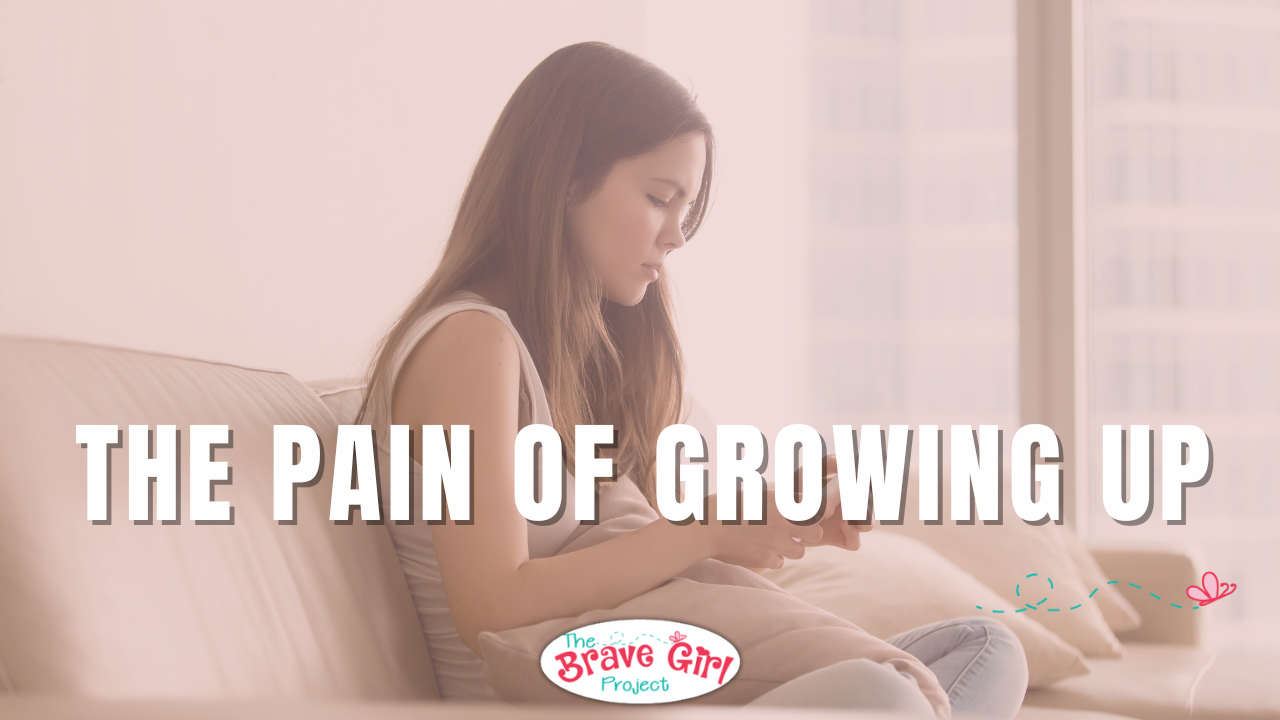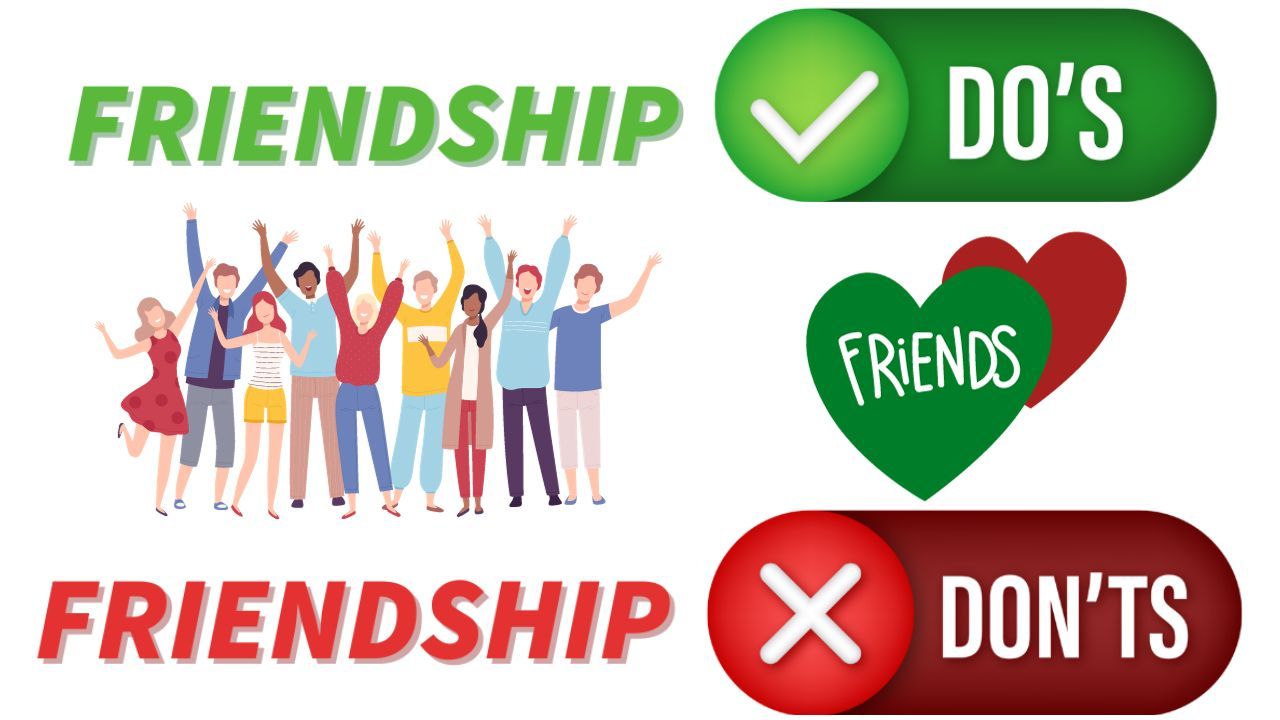The Brave Girl Project Blog
Helping tween and teen girls—and their parents—navigate friendship challenges and build confidence. Find the tools and resources you need to support your daughter and empower her to live bravely.
Last week in The Brave Girl Tribe, several girls shared that they had found themselves at a crossroads between the allure of cliques and the warmth of genuine friend groups. While both avenues promise a sense of belonging, the journey within can vary significantly, with cliques often leading to isol...
This past week has been filled with enriching experiences aimed at fostering a supportive environment for our children and students. I had the privilege of participating in various workshops and presentations emphasizing the importance of nurturing positive relationships and addressing anxiety in ou...
One thing you may not know about me is that I love to learn.
I am surprised by my love of learning as I was not an eager student in high school, but today, I am excited to participate in the SPACE Program training with the Yale Child Study Center led by Dr. Eli Lebowitz. SPACE stands for Supportive...
I understand firsthand the challenges of supporting our daughters through rejection, friendship drama, and their journey to find their people.
Research indicates that parents often experience their children's emotions deeply, which can be especially true when daughters face friendship challenges. I...
In our ongoing discussions about fostering healthy friendships for our daughters, let's delve into one of my favorite analogies that I use with girls.
Picture a scale that exists in relationships with your daughter on one side of the scale, and as she interacts with other people, the scale can go u...
As I celebrate another year of life, I find myself reflecting on the past, particularly a poignant memory from my 13th birthday. Turning 13 marked a significant milestone, and I couldn't wait to celebrate with my friends.
Many parents ask me for advice on supporting their daughters through the emotional turmoil of friendship troubles.
One common question arises: "Should I contact the girl's parents who are being mean to my daughter?"
I understand how confusing and upsetting it is when our daughter's experience hurt...
I want to address a poignant question raised by one of my Instagram followers, who expressed concerns about feeling a growing distance between her and her teenage daughter.
It's a challenge many parents face as their children navigate the tumultuous waters of adolescence.
To shed some light on thi...
In our most recent Brave Girl Tribe call, part of my Life Coaching Virtual program designed for girls in 5th to 8th grade, the girls bravely opened up about their experiences with worry and anxiety. Their courage shed light on a common struggle that many of our tweens and teens face.
This time of y...
We all have those moments when our minds seem stuck in a never-ending loop, like a hamster running on a wheel.
Recently, I have found myself on a hamster wheel replaying a problem repeatedly, and I have noticed I am not alone, as many of my coaching clients are also stuck on their own hamster wheel...
Embracing The Magic of Halloween and Growing Up
As we approach the enchanting season of Halloween, I want to take a moment to address a topic that often goes unnoticed but can weigh heavily on our teens and tweens - the bittersweet experience of growing up.
For many of our young girls, Halloween c...
Were you ever part of the Girl Scouts?
I was and absolutely cherish the opportunities to engage with different troops. I have the privilege of working with remarkable Girl Scout troops and focusing on the importance of recognizing how relationships can have a powerful impact on us and the value of ...


















